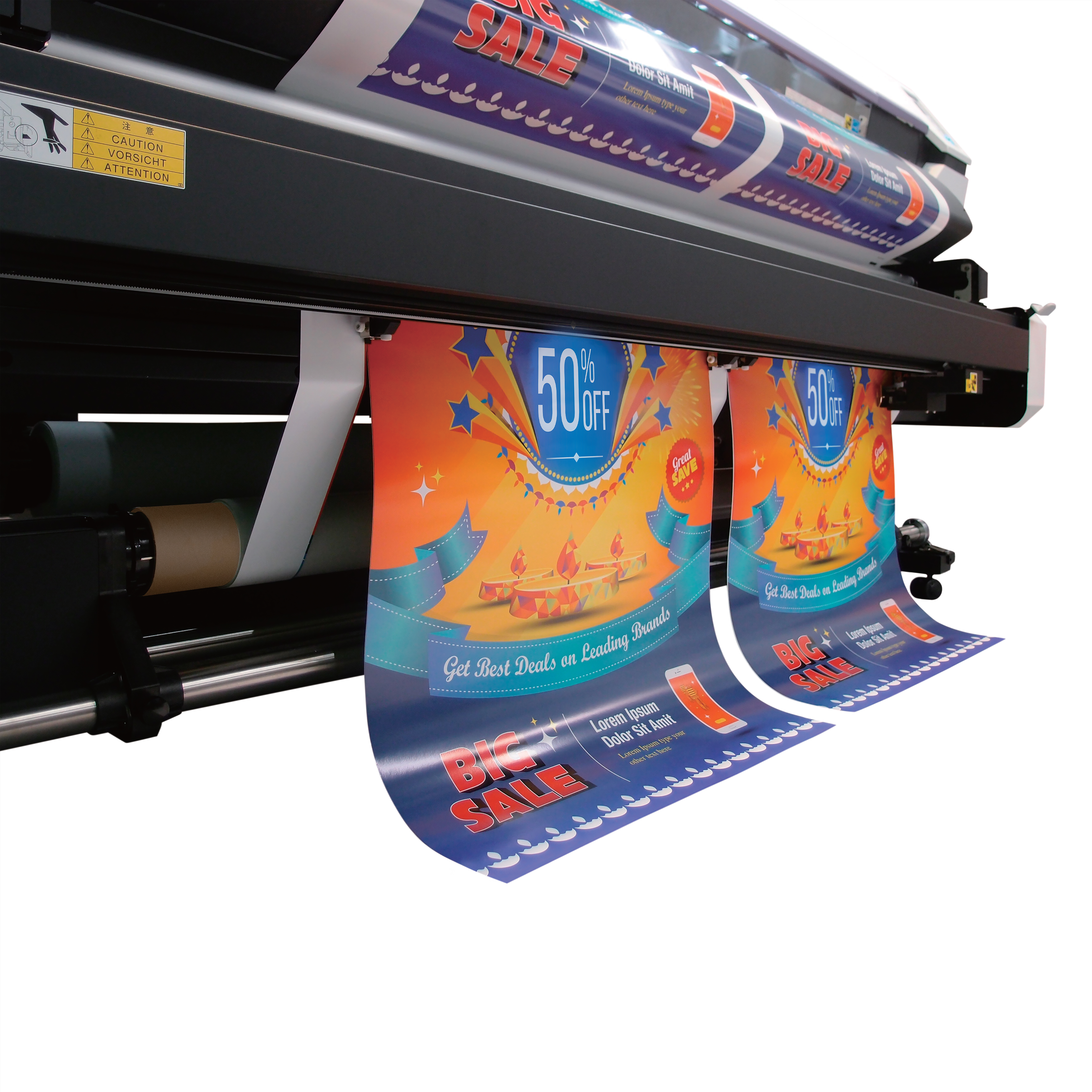It’s one thing to be a wizard of the printer, capable of producing the most spectacular print banners, flags, wraps and more. But if you’re business is going to be successful, there’s a whole different side to the job that you also need to be on top of. We can’t pretend it’s as rewarding, creatively fulfilling or even as lucrative as printing (because it definitely isn’t). But it could protect you and your business from a lot of financial and reputational damage, and whole lot of stress.
We’re talking about print compliance, the laws that affect how you operate, and the way you manage your business.
What printing regulations affect you?
First, the good news: there is no law designed purely for UK print businesses that govern how you operate. The less good news is that that’s because there’s a whole range of other laws that affect you (and other businesses) and you need to be aware of all of them. We won’t cover all of them in detail, but we’ll touch on as many as possible, broken down by category.
1. General business law compliance
We’re assuming your print shop is a limited company, and there are lots of regulations affecting how you run your business, the role of the company director and the way you manage your company accounts.
You can find all of those on the GOV.uk site.
One particular set of requirements which will be of interest to printers is the legal requirement for every company (including your own) to:
- Place its name on all company documents, publicity and letters.
- Display a sign at all your company’s premises (not including your home) showing your company name, visible 24/7
- Display the company’s registered number and registered address on business letters, order forms and websites
- Make it clear that the business is a limited company (usually by ensuring ‘Limited’ or ‘Ltd’ are at the end of the name).
If you regularly find yourself printing materials that don’t include those elements, there may be a marketing opportunity in educating your clients.
2. People and the law
If you employ people, your business will be bound by the following (deep breath):
- Equal Pay Act 1970
- Sex Discrimination Act 1975/1986
- Workplace (Health, Safety and Welfare) Regulations 1992
- Manual Handling Operations Regulations 1992
- Health and Safety (Display Screen Equipment) Regulations 1992
- Personal Protective Equipment at Work Regulations 1992
- Employment Rights Act 1996
- Provision and Use of Work Equipment Regulations 1998
- Working Time Regulations 1998
- National Minimum Wage Act 1998
- Management of Health and Safety at Work Regulations 1999
- Working Time Directive 1999
- Employment Relations Act 1999
- Equality Act 2010
Phew. Before you have a nervous breakdown at how on earth you’re supposed to comply with all of that, it’s worth noting that almost all the above enshrine common sense in law.
Of course you’d be expected to provide gloves and goggles if your staff are dealing with corrosive or noxious chemicals. Of course it isn’t reasonable to pay men and women differently for the same jobs. And of course you have to pay people fairly and give them time off.
The key in terms of your print shop’s compliance with all the above is not that you know every word of the law backwards, but that you operate fairly and you know where to look for help when you need it (for example, when you’re not sure how to manage a member of staff’s maternity leave, or you don’t know how to handle a case of bullying between staff members). For that, we’d always recommend ACAS’ advice pages as your first port of call.
3. Contract law
There’s no printing regulation that says you have to have a contract in place with your customers, but larger clients will always require one, and you take a risk if you don’t use them.
A print contract lays out the services you will deliver, the volume you’ll produce, quality, deadlines, cost and more. There’ll usually be provisions for rework, and the sign-off process.
Putting a contract in place ensures both parties know what’s expected of them and that they know the limits of their arrangement (so, for example, it’s not reasonable for a client to ask you to reprint a banner that’s been on site for a month because they’ve changed their mind about a detail).
A contract also ensures both parties know what will happen if things go wrong.
You will, of course, want to ensure that the contracts you enter into are legally robust and reasonable, so always get professional advice.
4. Intellectual property
Here’s a question for you. Suppose a client asks you to print a banner which contains an image that you know full well they’ve ripped off another site/brand/artist. If you go ahead and print it, are you liable for any copyright infringement?
What if the same situation applies, but you don’t know the image has been copied?
What if you suspect the image may be copied, but you just didn’t ask any questions?
These issues are governed by the Copyright, Designs and Patents Act 1988 (sections 23 & 24 if you’re going to read up afterwards).
The problem with copyright law is that it continues to evolve, and much is in the court’s interpretation. However, a decent rule of thumb for avoiding such issues is to:
- Place a disclaimer in your contract in which the client confirms that the material you’re being asked to print doesn’t breach copyright, and that they will indemnify you if that proves not to be the case; and
- Say no to any work that would be an obvious breach of copyright.
As with all documents you produce in response to printing regulations, you’ll want to run them by a solicitor to ensure the wording is legally sound.
5. Data and print compliance
Does your business collect the data of individuals? Often, even if you don’t do it in an active, intentional way, websites can collect personal data without you knowing it. If you use a CRM system or run a mailing list, you’re definitely collecting personal data. That puts you (and everyone in the business) under an obligation to protect the data securely and deal with it responsibly.
You’ve probably heard all about this particular regulation: the UK GDPR (or the General Data Protection Regulation) but if you’ve never really looked into it, you should. Fines for breaches of data protection principles can be as high as £17.5 million or 4% of your annual turnover, whichever’s higher.
First step? Talk to an expert about an audit.
6. Environmental print compliance
Your print business will be affected by numerous environmental regulations, but perhaps the most obvious will concern hazardous waste.
Inks, solvents, photo-chemicals, cleaners and acids can all qualify as hazardous under the Hazardous Waste (England and Wales) Regulations 2005.
Print compliance is relatively simple – place all hazardous waste into a receptacle (drums or similar) and hand to a specialist waste disposal provider – but it’s important that you comply.
Where hazardous waste isn’t disposed of properly, sanctions can range from cautions and prosecutions (in criminal instances) to penalties and stop notices (in civil proceedings). Effectively, the Environment Agency or other enforcement organisation could have your print shop shut down.
You can find more here.
Talk to Soyang
If print compliance sounds like a minefield, it needn’t be. Tackle one element at a time and enlist the help of experts and you’ll ensure the compliance you need. And while you’re doing all of that, working with a print material supplier you trust is one less headache to deal with. To get started, talk to Soyang.










